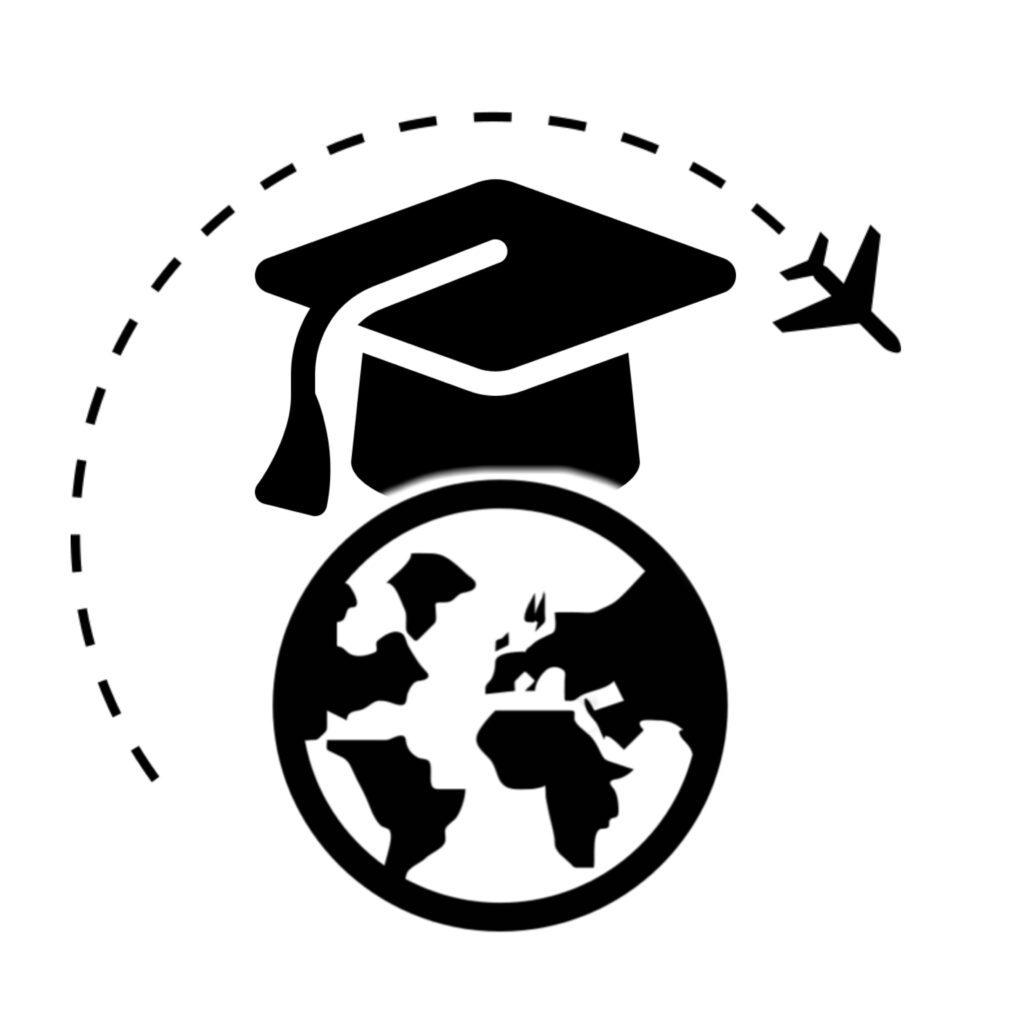Americans Embarking on Arab World Study Abroad

By: Joud Sleilaty / Arab America Contributing Writer
Intro:
Studying abroad has become a must try tradition in the American college experience, with over 300,000 students venturing beyond their homeland each year for academic, internship, or volunteer programs. Regardless of the duration or format, international educational experiences are transformative, offering students valuable insights and fostering understanding and tolerance. These programs will also forever represent unforgettable experiences for the students who chose to participate in them, posing them to new cultures, traditions, environments and people from all over the world.
Top 15 Study Abroad Destinations for US Students:
A list of the top 15 destinations for US students includes well-known European countries such as Italy, the United Kingdom, Spain, France, Germany, Ireland, Denmark, and the Netherlands. Latin American countries like Costa Rica, Greece, Mexico, and Ecuador also feature prominently. However, we don’t hear much about Americans studying abroad in Arab countries.
Arab World Study Abroad Experiences:
Despite the lack of Arab countries on the list, personal stories reveal the impactful experiences of American students studying in the Arab world. As I went to college in the United States and introduced myself as arab to my peers and professors, a lot of them decided to share their stories about studying abroad in the arab world.
One of the most memorable stories I’ve heard was told by my history professor from freshman year. He shared with me the story of how he had spent a year studying abroad in Jordan, while living with a Palestinian family. It was his first time visiting the Middle East, and even though he was advised not to by his family and friends, he still chose to embark on this life changing journey. He told me all about the new customs and traditions he learned to embrace during his time there, as well as the Palestinian recipes book that he brought back with him to the United States. This trip also encouraged him to learn Arabic, a language in which he became fluent a few years later. But the most memorable part of his experience were the long lasting connections he built with his host family and his friends which he kept visiting even years after returning home. This narrative illustrates the profound impact of studying abroad, not only for Americans learning about new cultures but also for Arab hosts who share their lives with the world.
Another compelling story centers on one of my friends from Lebanese descent who had never visited Lebanon but decided to study abroad at the American University of Beirut in 2019. This experience allowed her to explore her homeland, learn Arabic, and connect deeply with her roots. But what made her experience so special was witnessing the Lebanese revolution firsthand while it was happening. When telling me about her stories participating in the protests, she expressed a newfound sense of connection to her culture and eagerly anticipates returning to Lebanon when the situation improves.
Why Studying Abroad in the Arab World is so Unique:
Contrary to common misconceptions about risk and safety, the Arab world offers a culture that is incredibly rich to explore. The people are known for their extraordinary warmth and hospitality, making visitors feel welcomed and embraced. Despite prevalent stereotypes, studying in the Arab world is not only safe but often proves to be one of the best experiences a student can have.
Conclusion
While Western European countries dominate the list of popular study abroad destinations, these personal narratives highlight the untold stories of Americans immersing themselves in the Arab world. Studying abroad transcends geographical boundaries, fostering mutual understanding and enriching the lives of both students and their host communities. As we celebrate the diversity of study abroad experiences, it becomes crucial to acknowledge and amplify the significance of cultural exchange in less-explored regions, fostering a more comprehensive and inclusive global perspective.
Check out Arab America’s blog here!


